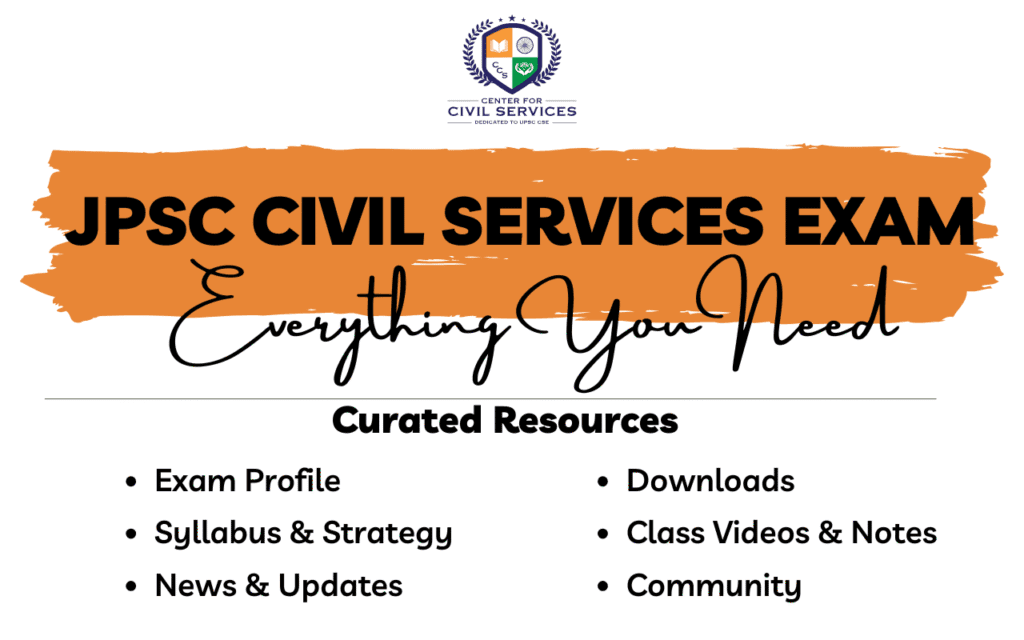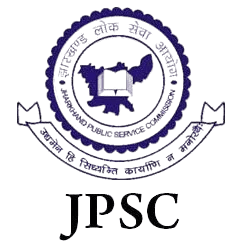Civil Services exam syllabus is vast. Apart from syllabus one needs to practice skills for Objective Tests and Mains Answer Writing.
Time required to prepare for all three stages varies from person to person based on their life experiences, educational background, daily time availability for study, and previous preparation experience.
For someone starting from zero and have full day available for study, General Studies for PT and Mains Combined can be completed in 8-10 Months and Jharkhand General Knowledge(Jharkhand State Profile) can be completed in 2 Months. In Total an efficient preparation can be done in one year of time.
However, based on our experience mentoring so many batches, most people take around 1.5-2 years to master every stage and be exam worthy.








